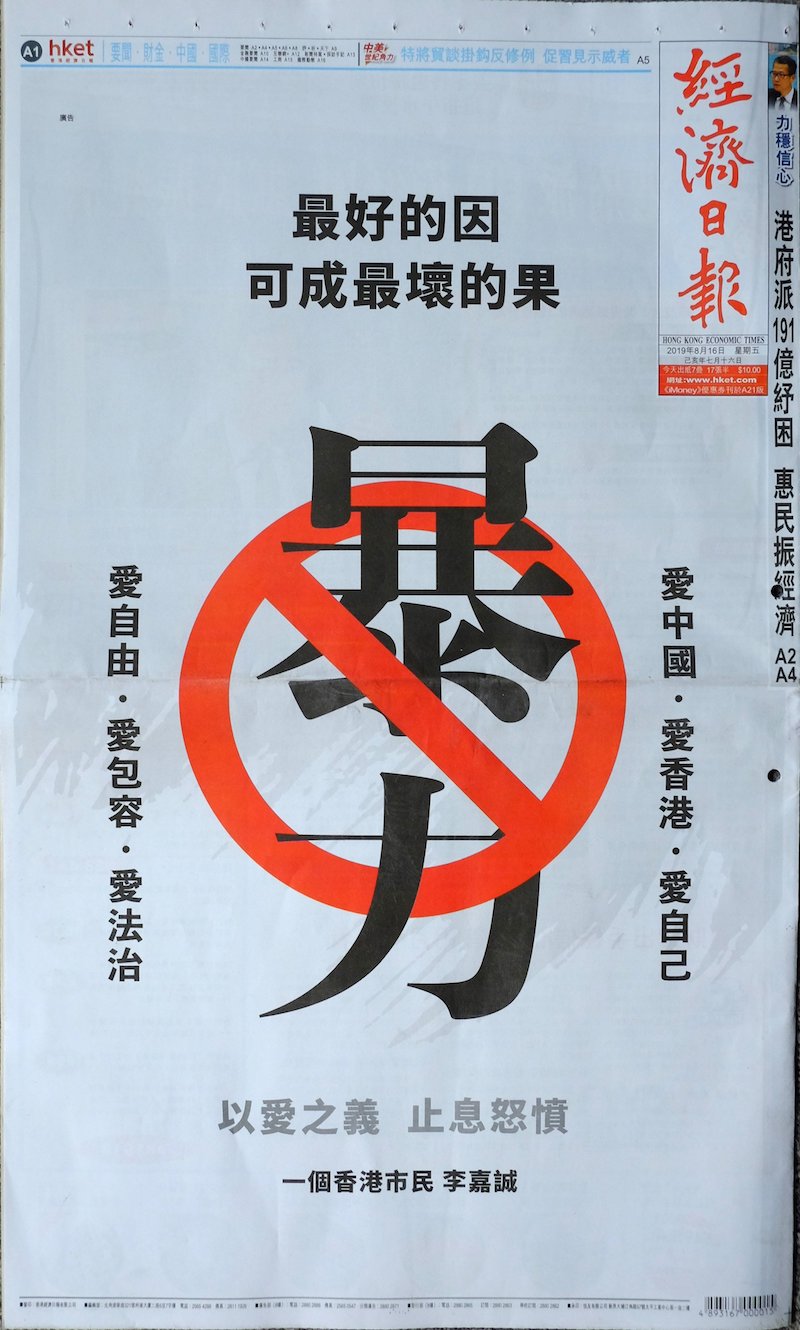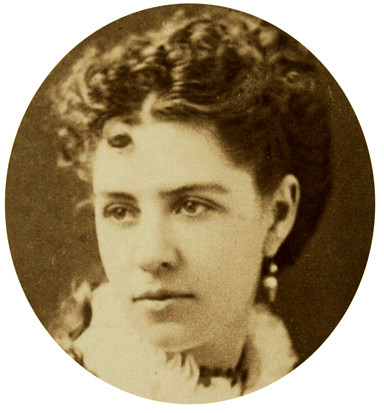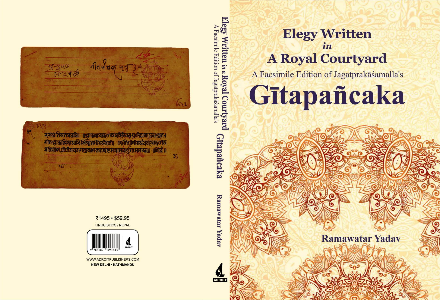Mastering Caution amidst Hermeneutic Acrobatics
[This is a guest post by Nicholas Morrow Williams]
Victor recently pointed out to me the appearance of Martin Kern’s important article in the latest issue of Early China on “Xi Shuai” 蟋蟀 (“Cricket”) and Its Consequences: Issues in Early Chinese Poetry and Textual Studies” (Early China 42 [2019]: 39–74). Kern’s article offers both a very detailed examination of the poem “Cricket” contained in a Tsinghua manuscript, which differs substantially from the comparable poem in the Shijing 詩經, and also reflections on the broader significance of the manuscript for “textual studies.”
The article is well worth reading both the recently-discovered poem and for the broader reflections, but I would like to discuss one issue to which it does not devote so much attention, which is the interpretation of the received text of “Cricket” in the Shijing itself. After comparing the excavated and received texts, Kern concludes:
Read the rest of this entry »




